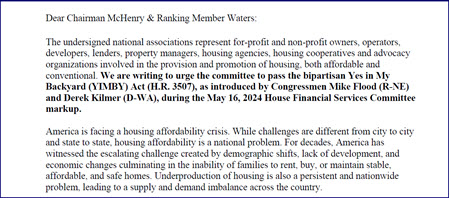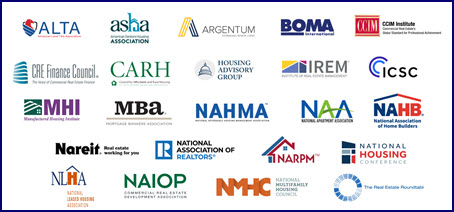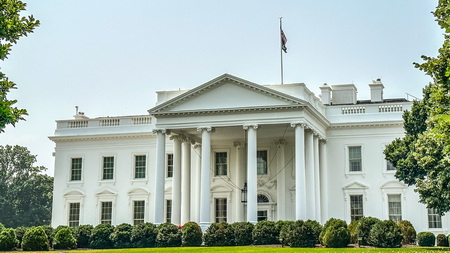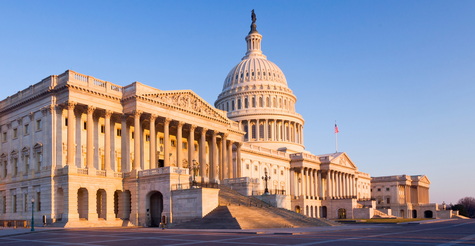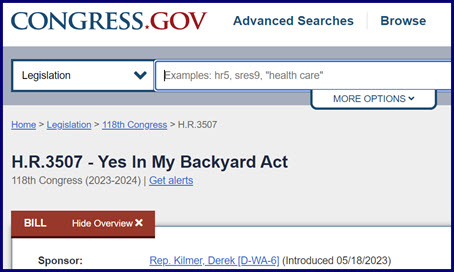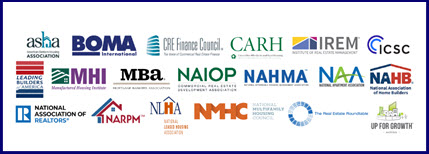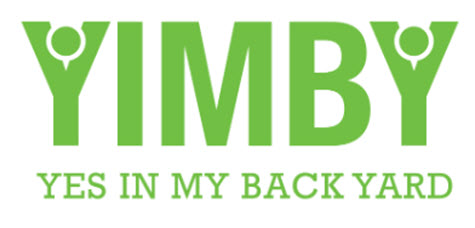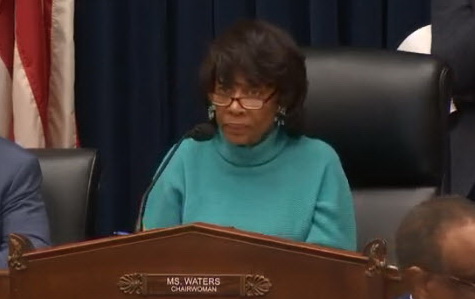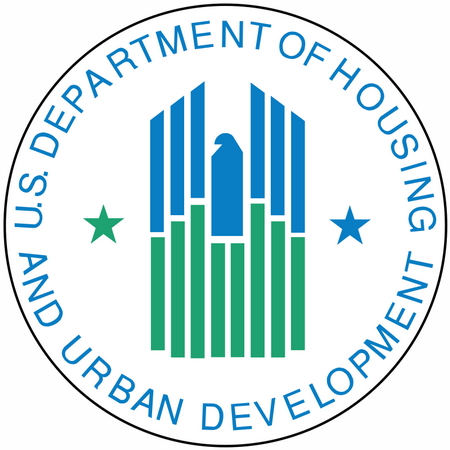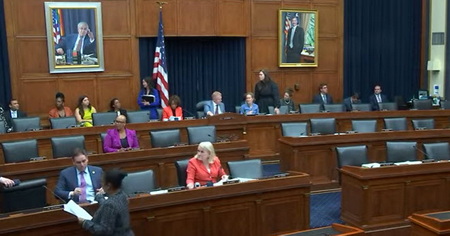
Yesterday, the House Financial Services Committee passed the bipartisan Yes in My Backyard (YIMBY) Act, which would help eliminate discriminatory land use policies and remove barriers to production of affordable housing. The Roundtable and 17 other national organizations submitted a letter of strong support for the bill the day before the committee mark-up. (Coalition letter, May 15 | Committee news release and video of committee mark-up, May 16)
Affordable Housing
- The YIMBY Act (H.R. 3507) requires recipients of certain federal grants to submit public reports about their implementation of certain land-use policies, such as policies for expanding high-density single-family and multifamily zoning. The reports must detail how federal grant recipients are removing discriminatory land use policies and other barriers to constructing affordable housing, while promoting inclusive and affordable housing.
- The YIMBY bill, introduced by Rep. Derek Kilmer (D-WA), advanced to the full House for consideration by a vote of 48-0. The House Financial Services Committee passed it yesterday as an amendment in the nature of a substitute offered by Rep. Mike Flood (R-NE). [Watch Rep. Flood’s remarks in support of the bipartisan bill]
- Committee Chairman Patrick McHenry (R-NC) expressed his support for the legislation during the May 16 mark-up. Previously, the YIMBY Act passed the House without opposition in 2020 but stalled in the Senate (S. 1688).
Roundtable Support
- The Real Estate Roundtable and 21 other national organizations also expressed their strong support for the bipartisan bill in February to the House Financial Services Committee (Coalition letter, Feb. 20, 2024)
- The Roundtable joined another coalition of 285 housing, business, and municipal organizations last year in a letter of support when the YIMBY Act was reintroduced. (Roundtable Weekly, May 26, 2023 and coalition letter)
- Separately, the Wall Street Journal (Feb. 20, 2024) reported that community opposition to new projects is not just restricted to housing developments. E-Commerce hubs are also “increasingly contending with a headache” of NIMBY sentiments, as developers of warehouse and logistics properties face the conundrum of siting projects that are necessary to deliver goods to residents and consumers. (“Don’t Build That E-Commerce Warehouse in My Backyard, More Communities Say”)
Next week, a House Energy Subcommittee will hold a hearing on “Green Building Policies: Jeopardizing the American Dream of Homeownership.” The May 22 hearing will focus on excessive regulations that constrict housing supply, including a recent Biden administration “final determination” that all new single- and multifamily homes financed with federal mortgages must be built to stringent “model energy codes.” (Roundtable Weekly, May 3)
# # #
